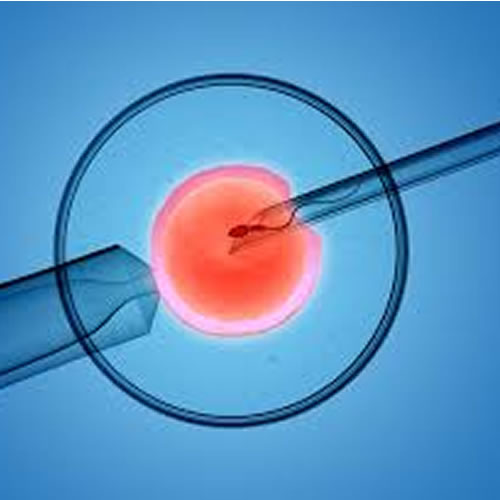What is IVF Treatment?
In Vitro Fertilization (IVF) treatment is one of the most effective types of assisted reproductive technology (ART). It involves combining an egg and sperm outside the body in a laboratory dish. Once fertilization occurs, the embryo is transferred into the woman’s uterus to establish pregnancy. IVF treatment is commonly recommended for couples or individuals struggling with infertility, blocked fallopian tubes, ovulation disorders, low sperm count, or unexplained fertility issues.
How Does IVF Treatment Work?
The IVF process typically involves several steps that are carried out over a few weeks:
- Ovarian Stimulation – Fertility medications are used to stimulate the ovaries to produce multiple eggs.
- Egg Retrieval – Eggs are collected from the ovaries using a minor surgical procedure.
- Sperm Collection – A sperm sample is taken from the male partner or a donor.
- Fertilization – Eggs and sperm are combined in a laboratory dish to create embryos.
- Embryo Transfer – Healthy embryos are transferred into the woman’s uterus for implantation.
- Pregnancy Test – After two weeks, a blood test is done to confirm if pregnancy has occurred.
Who Needs IVF Treatment?
IVF treatment is recommended for:
- Women with blocked or damaged fallopian tubes.
- Couples with unexplained infertility.
- Men with low sperm count or poor sperm motility.
- Women with ovulation disorders such as PCOS.
- Individuals using donor eggs or sperm.
- Same-sex couples or single parents planning to have children.
Benefits of IVF Treatment
- High Success Rate: IVF provides higher chances of conception compared to other fertility treatments.
- Genetic Screening: Preimplantation genetic testing (PGT) can be used to detect genetic disorders before implantation.
- Multiple Options: Couples can use their own eggs and sperm or choose donor options.
- Controlled Process: The IVF procedure allows fertility specialists to monitor and guide each stage of reproduction.
Risks and Side Effects of IVF Treatment
While IVF treatment is safe, it can have some risks and side effects such as:
- Ovarian hyperstimulation syndrome (OHSS) from fertility drugs.
- Multiple pregnancies (twins or triplets).
- Emotional and financial stress.
- Mild cramping or discomfort after procedures.
Cost of IVF Treatment
The cost of IVF treatment varies depending on location, medical history, and the clinic chosen. On average, the cost can range from $3,000 to $15,000 per cycle. Some clinics offer payment plans, and insurance coverage may apply in certain regions.
Tips to Improve IVF Success
- Maintain a healthy diet and lifestyle.
- Avoid smoking and excessive alcohol.
- Manage stress through relaxation techniques.
- Take prescribed fertility medications as directed.
- Choose an experienced fertility clinic.
IVF Treatment Success Rate
Success rates for IVF treatment depend on several factors such as age, fertility history, and overall health. Women under 35 generally have a higher success rate compared to older women. On average, the success rate per cycle can range between 30% to 50%.
Conclusion
IVF treatment has given millions of families worldwide the opportunity to conceive and experience parenthood. If you’re struggling with infertility, consulting a fertility specialist to explore IVF treatment can be the first step toward making your dream of having a child come true.

